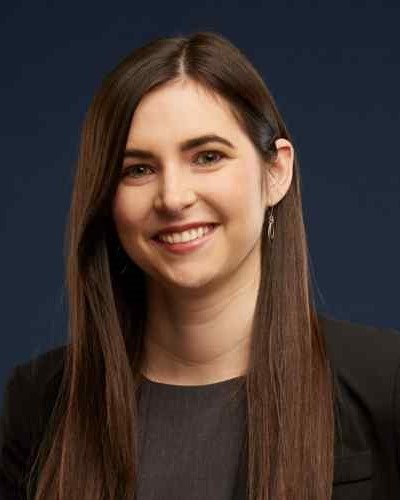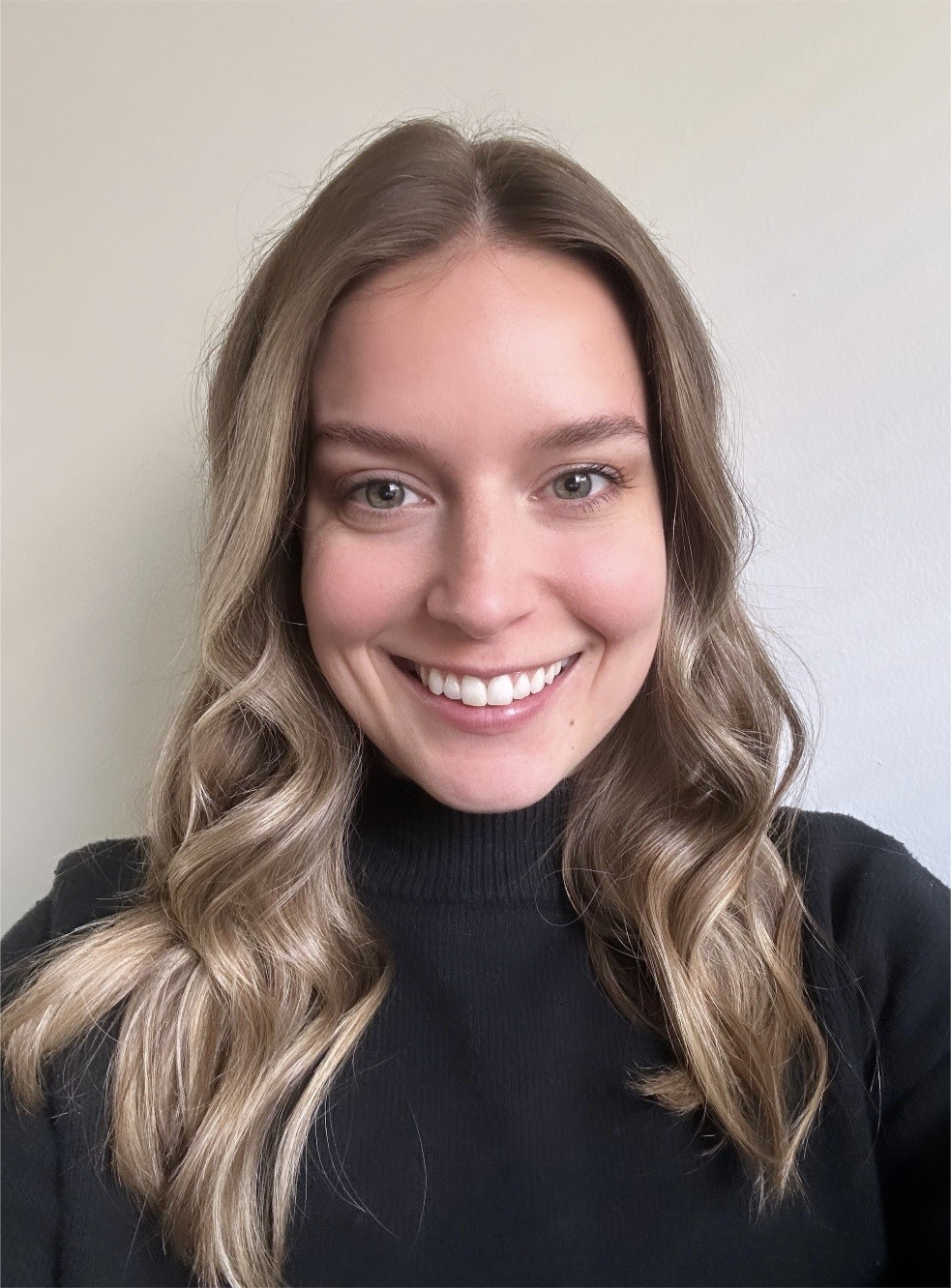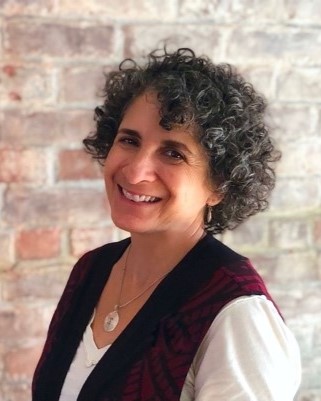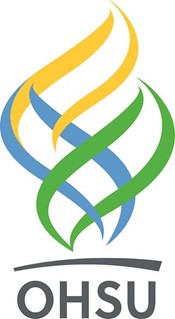*Free registration is required to use the toolkits provided within HIPxChange. This information is required by our funders and is used to determine the impact of the materials posted on the website.
Background
Millions of people in the US live with opioid use disorder (OUD). This chronic health crisis, deemed a public health emergency in 2017, has been increasing in prevalence in the US for the past several decades. OUD has become the leading cause of injury-related death, with a new record of 110,236 reported deaths in 2022. The COVID-19 pandemic further increased opioid overdose deaths, which have been disproportionately distributed in low-income, urban neighborhoods and among people of color. Since many opioid users experience relapses, OUD recovery can be a fragmented process often characterized by a series of cyclical treatment episodes.
Although effective medications exist to treat OUD – including methadone, buprenorphine, and naltrexone – many of these treatments remain underutilized with only 13.4% of those living with OUD reporting ever receiving treatment. Access has worsened during the COVID-19 pandemic.
Integrating medication for opioid use disorder (MOUD) into primary care is one approach to expanding access to treatment and several innovative models of care have been developed. However, there are numerous barriers to widespread implementation, including insurance issues, persistent stigma associated with MOUD, issues with patient access, and inadequate physician training. Overcoming misunderstandings and other barriers that prevent wider adoption of MOUD is critical in increasing access to and sustainment of evidence-based OUD treatment.
Who should use this toolkit?
This toolkit is intended to be used by clinicians and clinical teams, including primary care and addiction medicine specialties. The content may also be of interest to patients and families who have lived experience with MOUD, those considering MOUD, researchers and research teams, as well as health care and community-based program and service providers involved in starting or sustaining MOUD programs.
What does the toolkit contain?
This toolkit contains the following:
- Catalyst film: Health Experiences Catalyst Films are short films that summarize key findings from interviews with people discussing their experiences with health and health care. This catalyst film is about peoples’ experiences of MOUD. The film can help clinicians and researchers develop and deliver more effective MOUD programs.
- Facilitation guide: The toolkit contains facilitation materials including a draft agenda for an educational session with clinicians using the catalyst film.
- Stigmatizing language handout: This toolkit includes a resource developed by Wisconsin Voices for Recovery about alternatives to stigmatizing language.
- Directory of recovery housing: We offer a directory of resources in WI for recovery housing.
Sample learning objectives for sites conducting these sessions with CME credit may include:
At the end of this session participants will be able to:
- Describe people’s experiences in learning about, deciding about, initiating, and being on MOUD.
- Compare and contrast people’s variable experiences with MOUD.
- Integrate variable recommendations from people with lived experience of opioid use and MOUD to inform care.
- Assess current workflows and practice, including communication, to identify potential improvements to MOUD access, patient experiences, and confronting stigma.
How should these tools be used?
This film and toolkit are intended to increase understanding of and empathy for those who use or have used opioids by summarizing their experiences with seeking MOUD, being on MOUD, and using other forms of treatment. Interactions with and messages for clinicians and clinic staff are another focus.
More specifically, the materials in this toolkit can be used to:
- Inform primary care and addiction medicine clinicians and care teams about dimensions of peoples’ diverse experiences with MOUD and other treatments that may not always be readily apparent in clinical settings.
- Develop or hone empathic support for people who have experience with using opioids
- Spark conversations about enhancing or changing certain clinical practices, including protocols for accessing and initiating MOUD in primary care and specialty settings.
- Guide development or improvement of shared decision-making approaches and patient-centered care planning.
- Garner support for further investment in MOUD and other forms of treatment.
Development of this toolkit
The Catalyst Film about Health Experiences: Medication for Opioid Use Disorder was developed by researchers (Principal Investigator: Jane Evered) at the University of Wisconsin-Madison Department of Family Medicine and Community Health, located within the School of Medicine & Public Health. Creation of the catalyst film was funded by the Department of Family Medicine and Community Health Small Grant.
Catalyst Film
This catalyst film is part of a larger project funded by the University of Wisconsin-Madison Institute for Clinical and Translational Research through a grant from the Wisconsin Partnership Program (1UL1TR002373) and the Oregon Clinical & Translational Research Institute (OCTRI) NIH National Center for Advancing Translational Sciences (UL1TR002369) award. Researchers from OCTRI and UW conducted 38 interviews with people who have experience using opioids and MOUD across the United States.
Production of the catalyst film included engagement with and input from action researchers at the Qualitative and Health Experiences Research Lab at UW-Madison, people who have lived experience using opioids or MOUD, members of the Program for Research, Outreach, Therapeutics, and Education in the Addictions Lab, Wisconsin Voices for Recovery, the Health Experiences Research Network, researchers at Oregon Health & Sciences University, and OCHIN. The filmmaker added animations to audio clips and narration to the text clips.
The methodology used to develop this catalyst film is further described in the Health Experiences Catalyst Films Guidebook Toolkit available.
The content is solely the responsibility of the authors and does not necessarily represent the official views of any of the funders.
Toolkit
The Catalyst Film about Health Experiences: Medication for Opioid Use Disorder toolkit was developed with insights and resources from people with lived experience using MOUD, members of the Program for Research, Outreach, Therapeutics, and Education in the Addictions Lab, Wisconsin Voices for Recovery, the Health Experiences Research Network, researchers at Oregon Health & Sciences University, and OCHIN.
Please send questions, comments and suggestions to qherlab@fammed.wisc.edu.
Toolkit Citation
Evered, JA., Warne, E., Grob, R. Catalyst Films about Health Experiences: Medication for Opioid Use Disorder. University of Wisconsin-Madison Department of Family Medicine and Community Health and Center for Patient Partnerships. Madison, WI; 2024. Available at www.hipxchange.org/toolkit/Medicationforopioidusecatalyst


 Emily Warne, BS
Emily Warne, BS Rachel Grob, MA, Ph.D.
Rachel Grob, MA, Ph.D.



